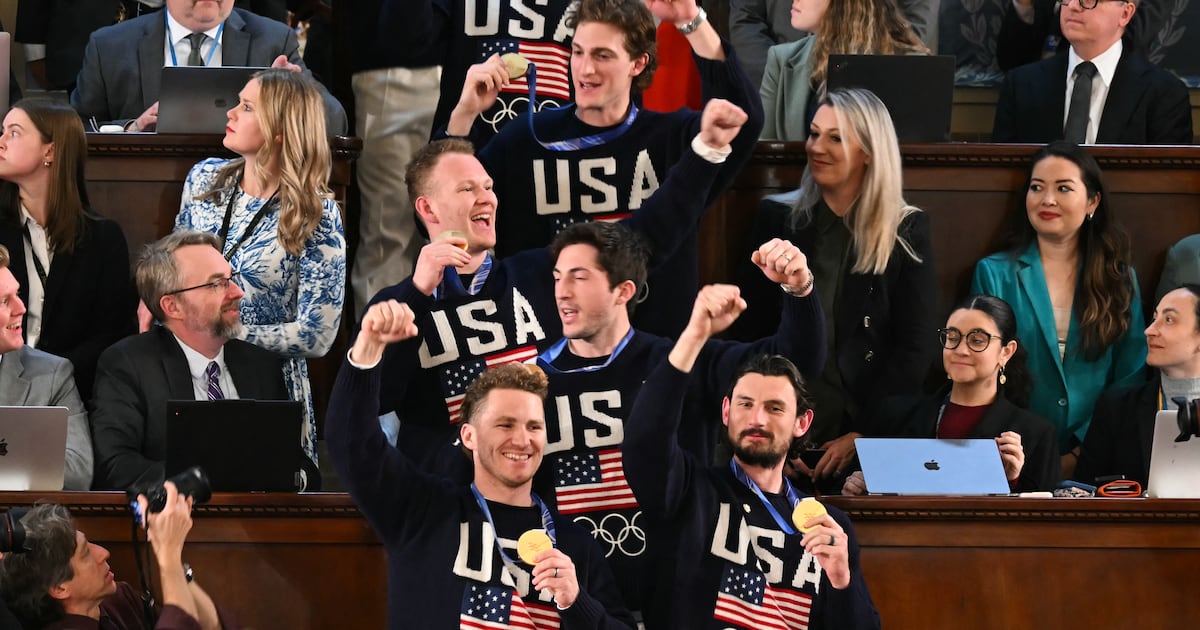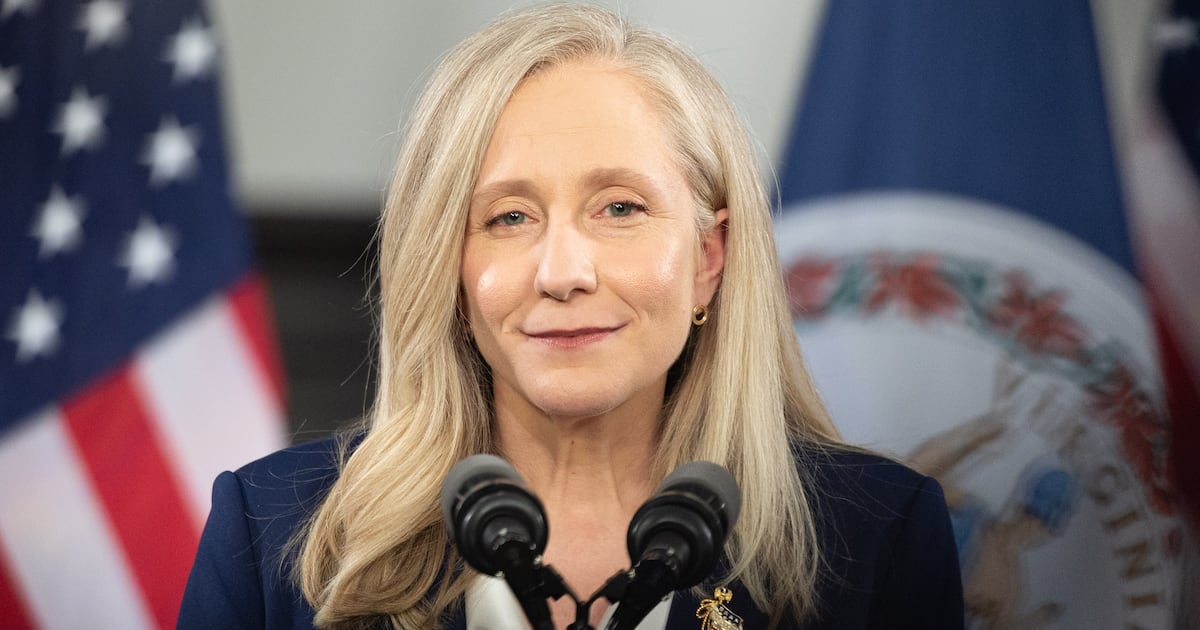It seems almost un-American to double down on the Clinton and Bush dynasties that ran the country for a generation. But looking ahead to 2016, Hillary Clinton is her party’s most likely nominee and Jeb Bush is his party’s most credible nominee should they decide to run. An appearance by both unannounced contenders at an education summit in Dallas on Monday fueled speculation about what a high-minded campaign they might wage, being policy wonks and all, and having breathed the same rarefied air of the presidency as spouse in Clinton’s case and brother and son in Bush’s case.

Education has been a central focus for Clinton since she was First Lady of Arkansas, and on the global stage, she has championed access to education for women and girls. Invoking the story of Malala Yousafzai, the Afghani teenager shot by the Taliban, Clinton said, “Her story reminds us that far too many women and girls are denied opportunities to develop their own God-given potential.” Clinton thanked Bush, who spoke before she did, for his work as governor on education, and for continuing “that work with passion and dedication in the years since.”
The Globalization of Higher Education conference, co-sponsored by Bush and former Democratic Governor Jim Hunt, is just one aspect of Bush’s interest in education reform. He is known as one of the principle proponents of Common Core, a set of education standards adopted by some 45 states and poised to be implemented this fall. Like so many other issues, Common Core faces a partisan backlash, and Bush has been urging state officials throughout the country to stay the course.
It’s easy to imagine Clinton and Bush debating education policy and respectfully agreeing or disagreeing. Each would happily set aside questions about Benghazi or brother George’s presidency; leaving that for others to explore. For a country clamoring for fundamental change, a re-play of Clinton versus Bush seems like someone’s idea of a bad joke, but serious people in each party view these two scions as the country’s best chance to get out of the muck and mire of hyper-partisanship and rediscover Washington’s ability to govern.
“The country is desperate for a less vituperative campaign more focused on issues than on the shortcomings of the candidates,” says William Galston, a senior fellow at the Brookings Institution. “It might clear the air and might even produce a governing agenda, a body of ideas that people in both political parties might be prepared to embrace.”
Clinton’s circle of friends is building an apparatus with “Ready for Hillary,” and she stands ready to inherit much of Obama’s infrastructure. Bush ran his last competitive race in 1998, an eon ago in political terms. But there’s still a potent Bush family network that’s built on personal loyalties, has the money to fund a campaign and can tap into a business community yearning for a moderate conservative as opposed to a movement radical. In a recent CBS/New York Times poll of tea party and non-tea party Republicans, Bush fared surprisingly well, coming in a respectable second to Rand Paul with 56 percent for Paul, and 48 percent favoring Bush. Among the non-tea types, he tied with Chris Christie, 39-39 percent. In a party without a frontrunner, and seemingly rudderless, Bush is the closest thing the GOP has to a consensus candidate.
“Bush looks good in contrast to the rest of the Republican field, which run the gamut from weak to gadfly,” says Matt Bennett, a co-founder of Third Way, a centrist Democratic group. “He looks like a serious guy, he’s untainted by scandal; he understands what it means to be president.” Most of all, even those who would never vote for him, can imagine him as president. It’s what the late Republican pollster Bob Teeter called “the invisible circle theory.”
Jack Pitney, a professor of politics at Claremont-McKenna College, explains that at any given time a very small number are in that circle, people that if you woke up one morning and heard they were president, you’d know they could do the job. “You might not agree with the policies, but you could definitely see them as president. Hillary Clinton is in the circle—she knows her stuff. Jeb as a successful two-term governor of a major state could easily enter the circle. His problem is his surname.”
Each president tends to be an antidote to what came before with Obama’s contemplative style the opposite of George W. Bush’s “Don’t mess with Texas” cowboy approach. Obama was elected on a wave of enthusiasm; his was an inspirational candidacy after Bush led the country into two debilitating wars. But even Obama’s staunchest admirers concede he had little governing experience, and it showed. Could someone more experienced have delivered? Those in both parties touting Clinton and/or Bush think the answer is yes. But that may be wishful thinking, says Bennett. “The ability to govern question is more circumstantial than it is experiential. Obama had a rough go with the economy on the brink of Depression and the most radicalized opposition since the Civil War.”
The history books will take the long view, but for now, voters are beginning the search for what comes next, and Clinton versus Bush for all the irony is not unrealistic.






